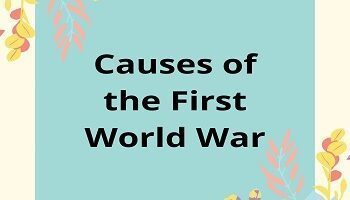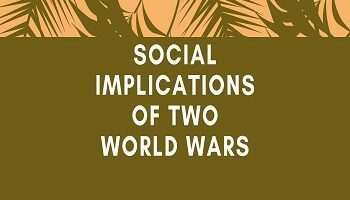Mein Kampf:
For attempting to overthrow the Republic, Hitler was imprisoned in 1923 for five years. In prison, he got an opportunity of cogitating over his position and his programme. He realized that it was not right to use force to overthrow the government and in future, he should build his own secret army and keeping his object camouflaged behind the legal exterior attempt to capture power in a constitutional way. In prison, he wrote the 1st part of his autobiography Mein Kampf in which he criticized the parliamentary form of majority government and expounded the concept of his pure German democracy which consisted of free election of the leader by the people and instead of deciding every question in isolation, left everything at the discretion of the leader. In this book, he described the origin and evolution of the nazi party and explain its future programme. There were only a few things in this proposed programme that he did not implement later on. For the members of the Nazi Party, Mein Kampf became as important as the Bible. Presenting the programme of German expansion, he emphasized the principle of self-determination and wrote that all German-speaking people should form part of the German Empire. With the principle of self-determination, he also propounded the principle of eternal Justice which meant that Germans should get a place to live on. According to these principles, he did not hesitate to include all German-speaking people in the German Empire. Explaining the goal of his national socialism he wrote, “The German nation should expand its territory to the extent that all our people could live on it. To achieve this goal, we must take full advantage of the humiliating Treaty of Versailles and the disarmament of Germany, We should fill the mind of the German people with antagonism and animosity against the Weimar Republic and mold it in favor of the Nazi Party.” Further, in one of his speeches, in 1936 he said, “If we merge the Ural mountains rich in natural wealth, vast valuable forests of Siberia and Ukraine, the storehouse of foodgrains, then Germany will prosper under Nazi leadership.” About France, he wrote, “France is an eternal enemy of Germany.”








![Muslim League [December 30, 1906] 9 Muslim League](https://gkscientist.com/wp-content/uploads/2021/05/Muslim-League.jpg)
Comments (No)